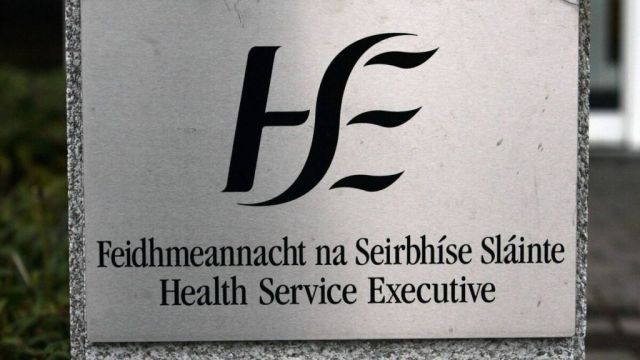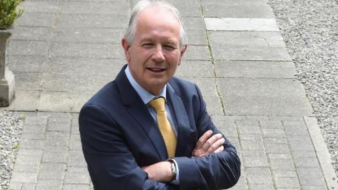The HSE cannot make hospital patients liable to pay private accommodation costs before they formally state whether they wish to be treated as private or public patients, the High Court has found.
However, Mr Justice Denis McDonald said, once a patient does state a wish to be treated as private, charges can be imposed from the date of admission.
The judge was giving his decision in a case brought by the HSE against Laya Healthcare for a determination on the provisions of the Health Act 1970 (as later amended) relating to the charges.
In its action seeking a declaration on the proper interpretation of the law relating to the charges, the HSE estimated the potential exposure to loss by public hospitals at around €170m since the beginning of the use of a disputed waiver form which asks privately insured patients to give up their right to be treated as public patients.
The main effect of this was that the insurer must pay the actual bed cost for a patient in the public system, which is around ten times of what used to be charged.
Laya denied the claims and said it has received hundreds, if not thousands, of complaints from its policyholders of being pressured by the hospitals to sign the waiver. Irish Life Health, which was joined as a notice party, supported Laya's position.
The HSE maintained the Health Act allows it to charge patients as private patients where there is an election to be treated as a private for the entirety of their stay in a hospital.
Significant consequences
Mr Justice McDonald noted significant consequences flowed from a decision by an in-patient at a public hospital to opt to be treated as a private patient notwithstanding that the patient concerned was entitled to be treated as a public patient.
A patient who so opts is deemed not to be eligible to be treated and therefore becomes liable for the charges, he said.
Insofar as the relevant part of the 1970 Act (Section 52.3) is concerned, the concept of availing (of the option) involves a conscious decision of the patient, he said. It seemed to him that, at least in the period after this law came into operation, this concept primarily covered patients who actively sought to be treated privately.
"Such patients are not, in any real sense, giving up anything. They are not forgoing the entitlement to be treated as public patients because they have no desire to be so treated.
"It would therefore be wrong to describe them as having waived their right to be treated on a public basis", he said.
The judge said he had reached the conclusion that a waiver was more relevant in the context of those patients who are initially minded to be treated on a public basis but who, following a request by a hospital to consider whether they wish to be treated publicly or privately, agree to forego or give up the right to be treated as public patients.
He also said while there was nothing in the relevant Act requiring waivers to be in writing, it seemed a matter of good administration that they should.
He was also of the opinion that, in cases where a hospital asks eligible patients to consider whether they wish to be admitted on a public or a private basis, they should be informed of their statutory entitlement (to public treatment) and the consequences that flow from foregoing it.
For that reason, a private insurance patient (PIP) form, which has been used in public hospitals, served a very useful purpose both as a means of conveying the necessary information to the patient and as evidence that the patient has reached an informed decision, he said.







